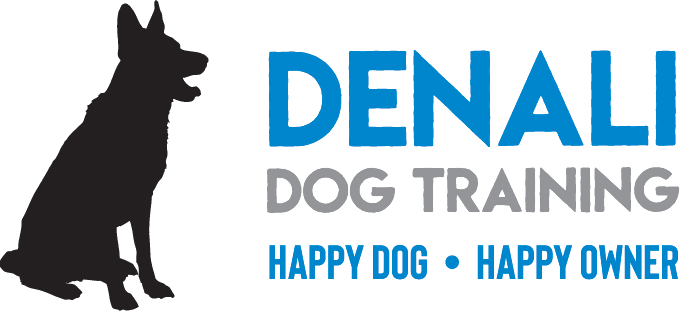If you teach your dog to walk on a loose leash or close to you, you dont need any special equipment. However if you havent done so before your pup grew into a strong pulling dog or a dog with some problems eg aggression or excitement when meeting dogs or people or wanting to chase traffic, you may need some help while you teach your dog to keep a loose leash. What you don't want to do is put pressure on your dog's throat or neck . Pressure here can collapse the trachea , cause increased intercranial pressure , or even snap your dog 's C2 verterbrae, aka death by hanging. So choke chains, martingales ( half chokers ), leads on normal (flat )collars, or slip leads are NOT recommended .
The best option will be a harness that fits well and clears the dog's shoulders so pressure on joints is avoided . It is important that the leash is attached to the chest if your dog pulls .This gives you leverage and the correct angle to gently turn your dog back to you . Leads attached to the back enable your dog to pull and you can't turn your dog away from a trigger and back to you . In many cases this will be all you need .
If your dog is very strong or aggressive or you have trouble holding it eg you are elderly or frail , or pushing a pram. you may need more help . In that case a head collar will be helpful .
The majority of positive trainers do not regard head collars as punitive , but because dogs generally dislike them when first put on no matter how loose they are, some positive trainers dont like them . However if introduced gradually with lots of positive reinforcement, dogs are not bothered by them .My position is that while a front attachment harness is the best option , some dogs while being trained are simply not able to be held safely or turned away in the presence of a trigger. In that case a head collar may be needed while training for safety .
I do not like all brands of headcollars as not all will be loose when the dog is not putting pressure on the leash , but if you choose a brand that remains loose when no pressure is put on it eg Company of Animals Halti head collar and it is introduced gradually this is not a problem. Please contact me if you are not sure how to do this . You may google Company of Animals videos on how to fit and introduce head collars to your dog. I do it with more treats ! The owner must never use a head collar harshly eg jerk or tug but merely hold the lead . Only the dog puts pressure on the lead. If you put your finger on the bony part of your nose and push this is what the head collar feels like when pressure is put on the leash by the dog. The dog should be gently taught how to keep the leash loose BEFORE being walked in it . Using a double clip leash that attaches to the collar and the head collar enables you to hold the dog without the head collar being in effect , and only brings the head collar into effect if needed by holding the leash closer to the head collar . Once your dog is reliable when walking in the presence of triggers you can dispense with the head collar.




